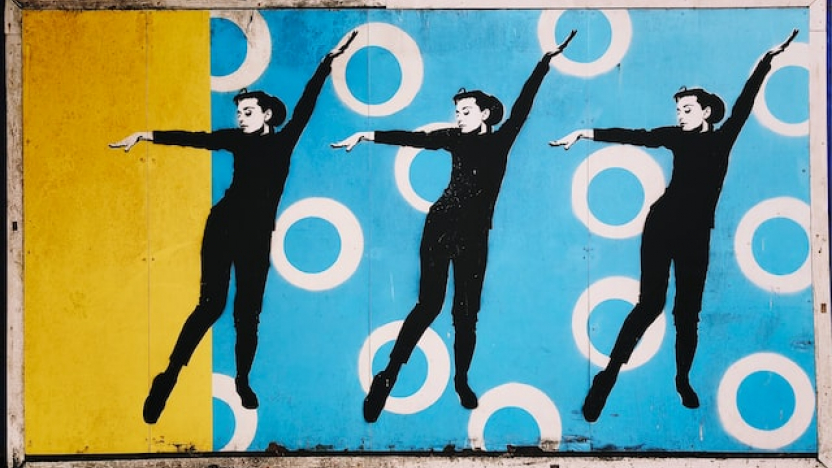How to challenge unfair commercial practices by competitors

Unfair commercial practices not only prevent consumers from making informed decisions; they also impact the bottom line and reputation of the impacted companies. Noa Rubingh sets out how to take action.
While legal protection against unfair commercial practices seems primarily aimed at safeguarding consumers, companies can also rely on these provisions to challenge unfair commercial practices by competitors. In the EU, this was established in the RLvS v Stuttgarter Wochenblatt judgement handed down by the Court of Justice of the EU (CJEU) in 2013:
"It is common ground that RLvS did not act in the name of or on behalf of those undertakings within the meaning of Article 2(b) of Directive 2005/29 [The European Unfair Commercial Practices Directive]. In such a scenario, and given its ratione personae scope, Directive 2005/29 is indeed intended to protect consumers of products and services of those same undertakings and their legitimate competitors."
When is a commercial practice by a competitor considered unfair?
However, a mere finding that unfair commercial practices have taken place is insufficient to invoke the Directive’s provisions. The (derivative) aim of the Directive is to protect companies from harming their economic interests (clause 6), thus ensuring fair competition (clause 8).
Instead, the company’s competitive position must have been harmed by the unfair commercial practices for the protection granted by the Directive to be invoked. The threat of harm, as in tort, is sufficient for this purpose. For example, a single misleading advertisement is considered sufficient to affect the company’s competitive position.
In addition, the term 'competitor' is interpreted broadly in the Directive. Even if the claimant company is not a competitor in the narrow sense – for example, it does not offer the same or similar products or services – its competitive position may still be harmed by an unfair business-to-consumer (B2C) practice.
If you think your business has been impacted by unfair commercial practices, speak to your attorney to find out if and how to take action.
Noa Rubingh works at Novagraaf’s Knowledge Management department in Amsterdam